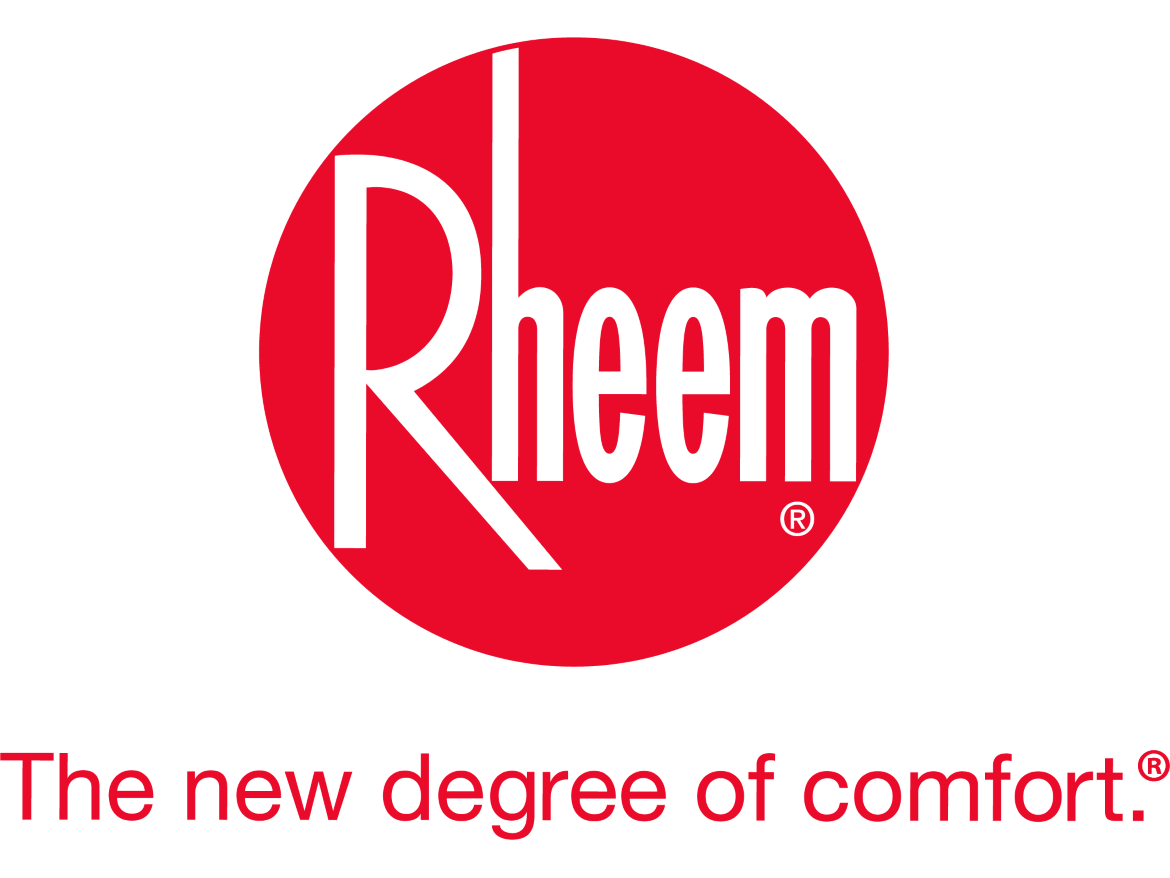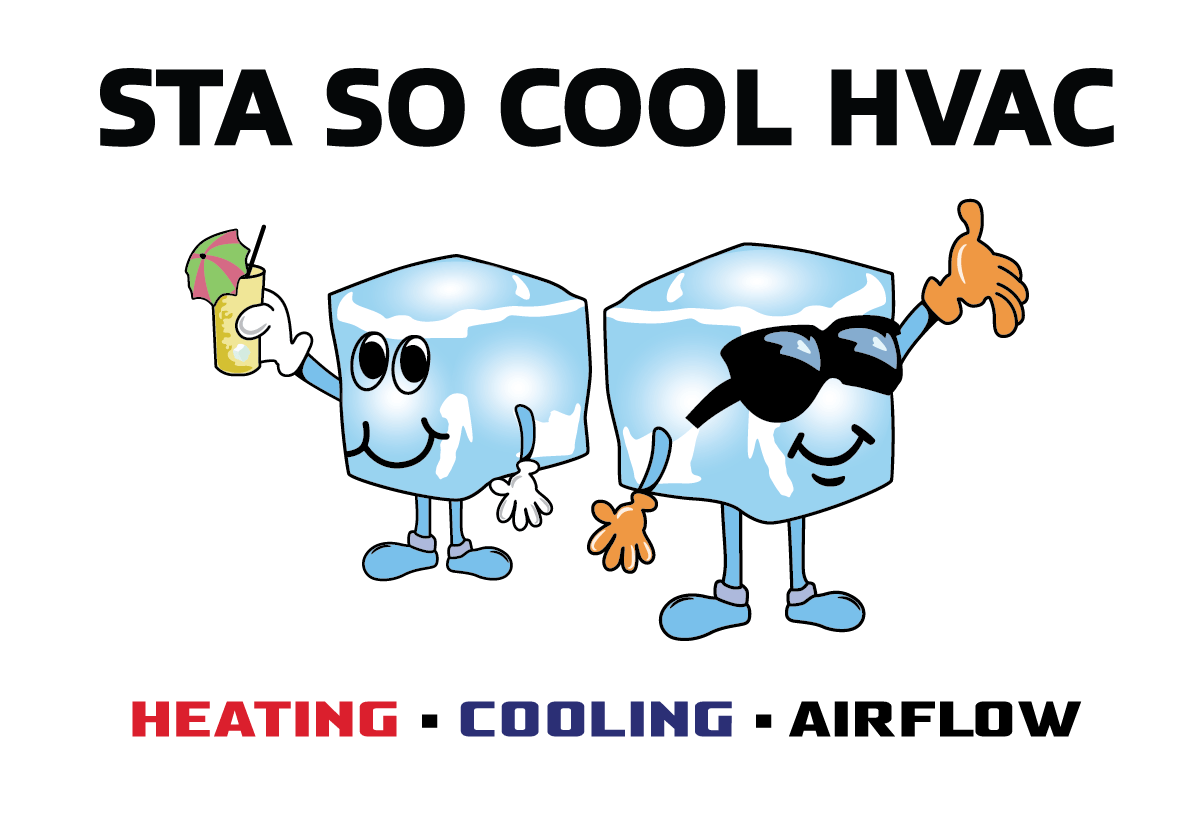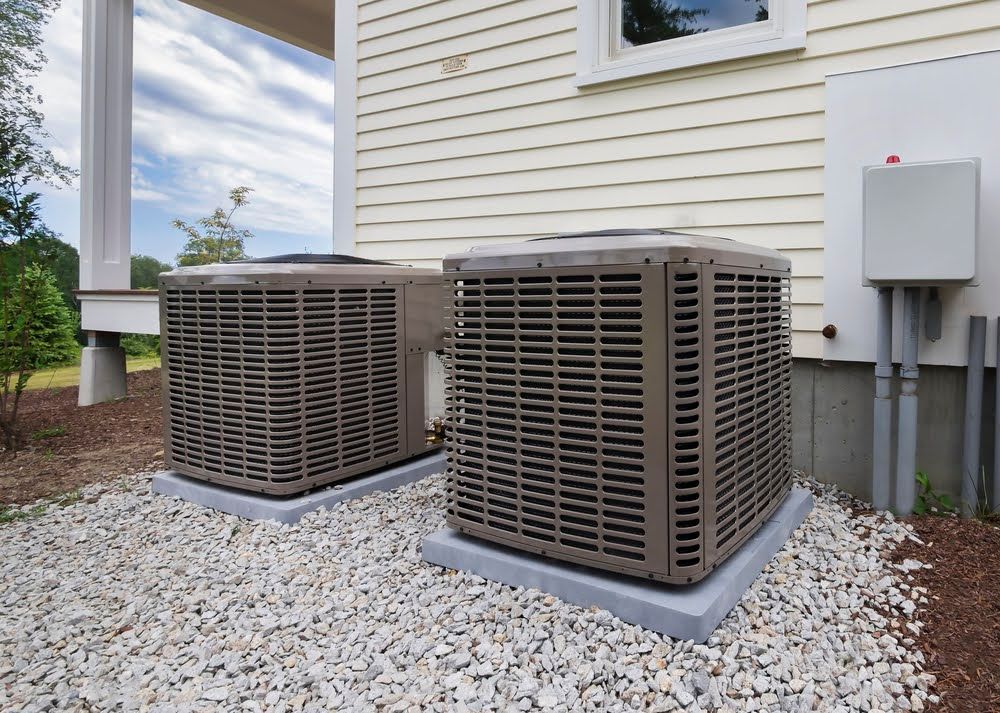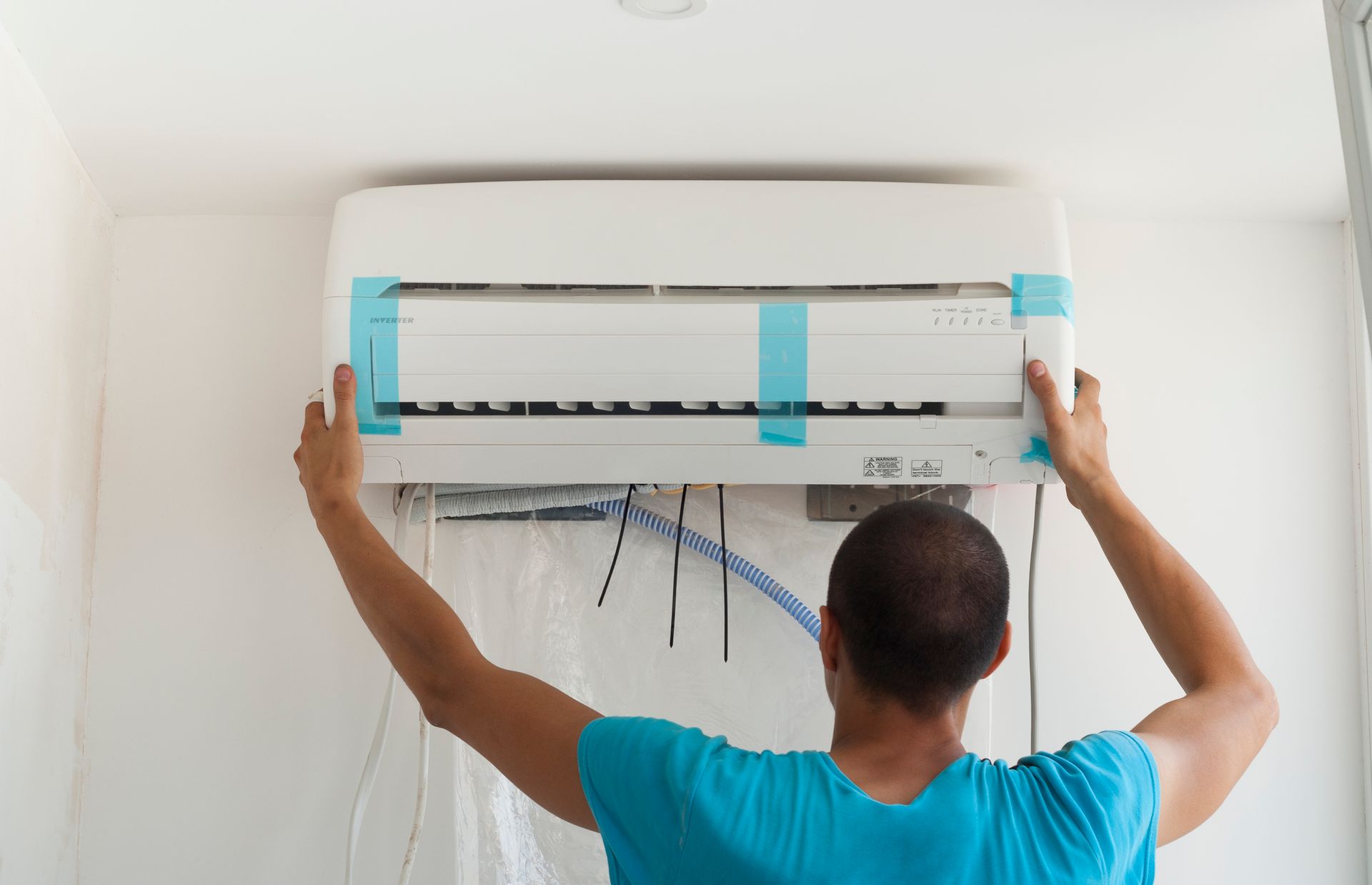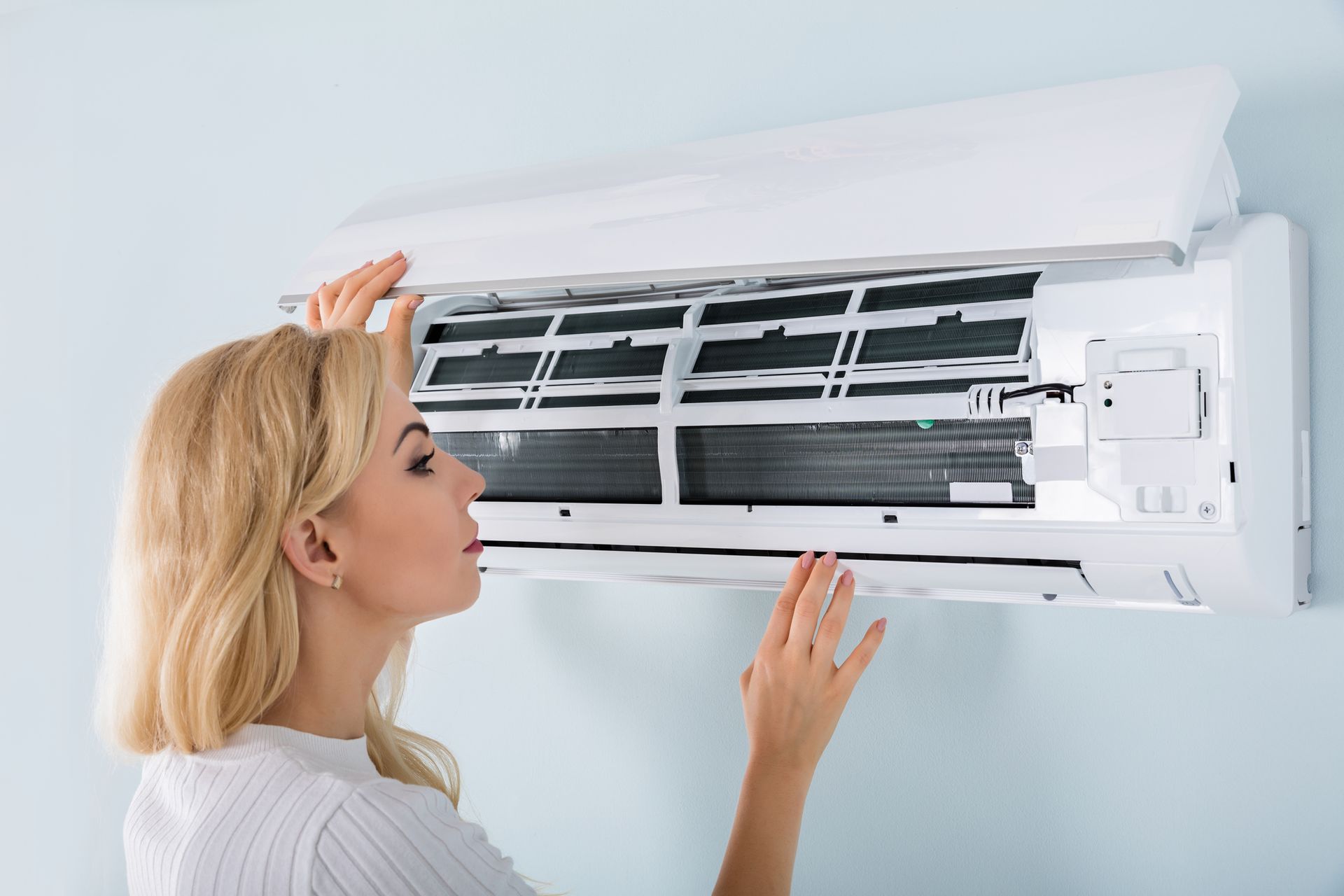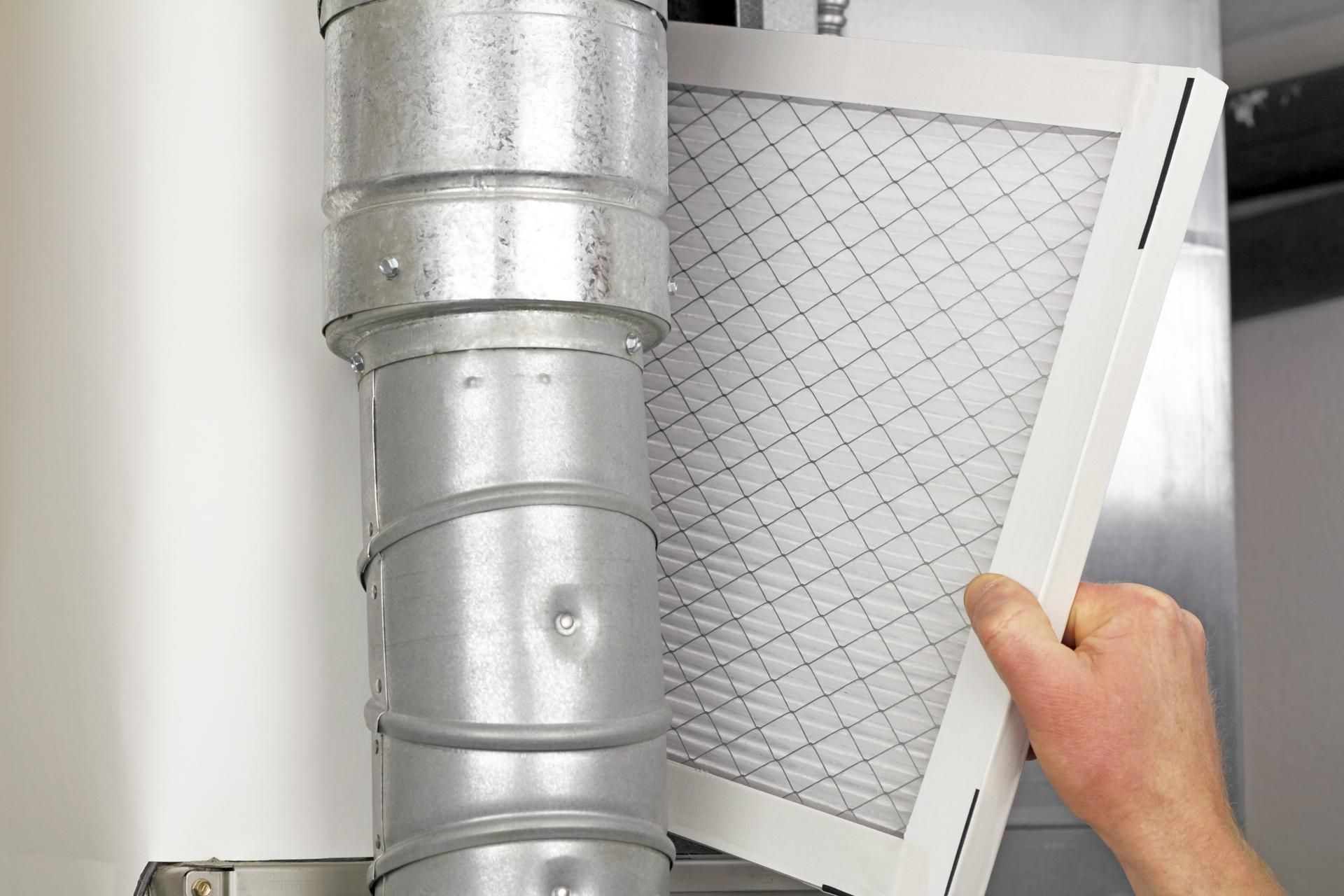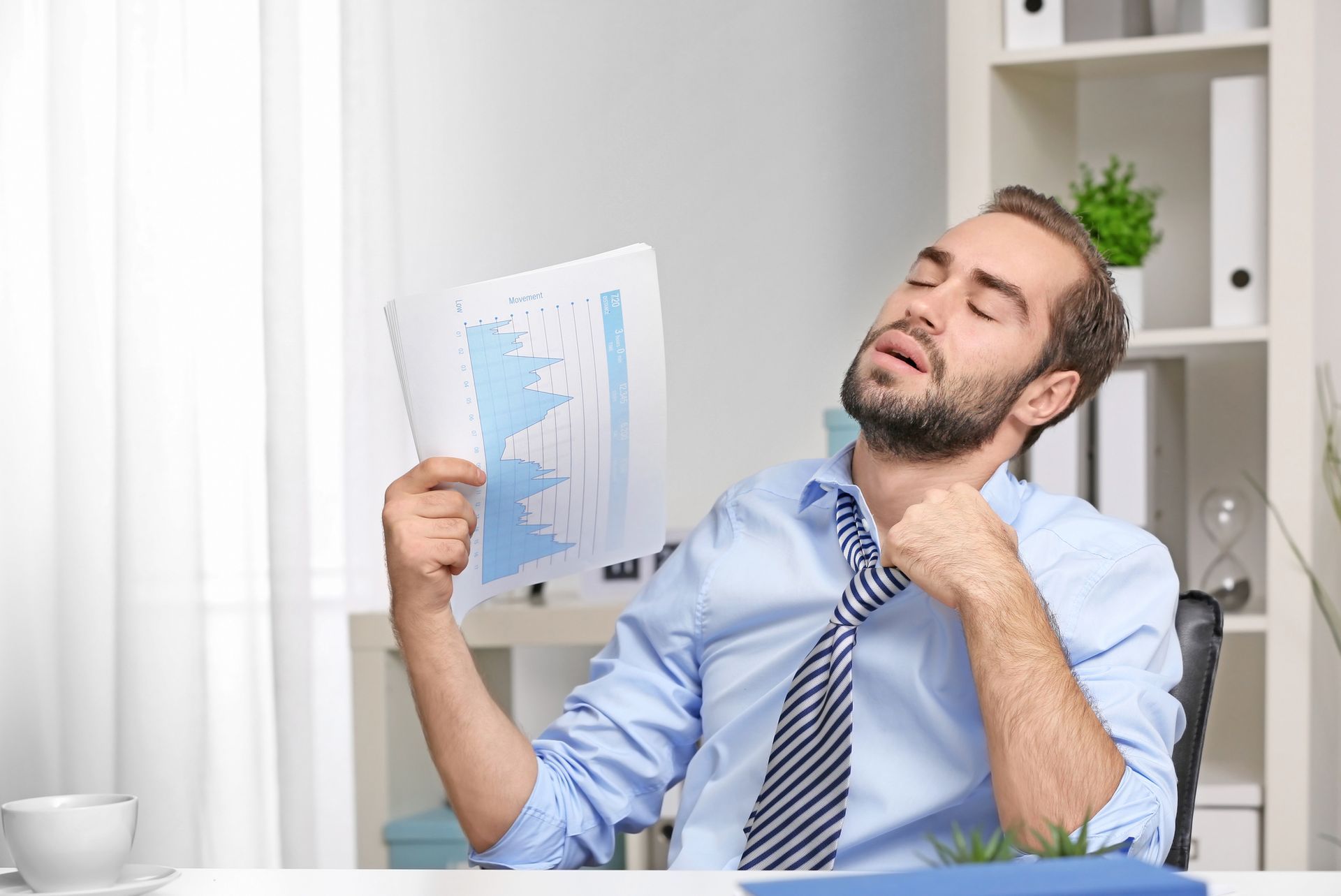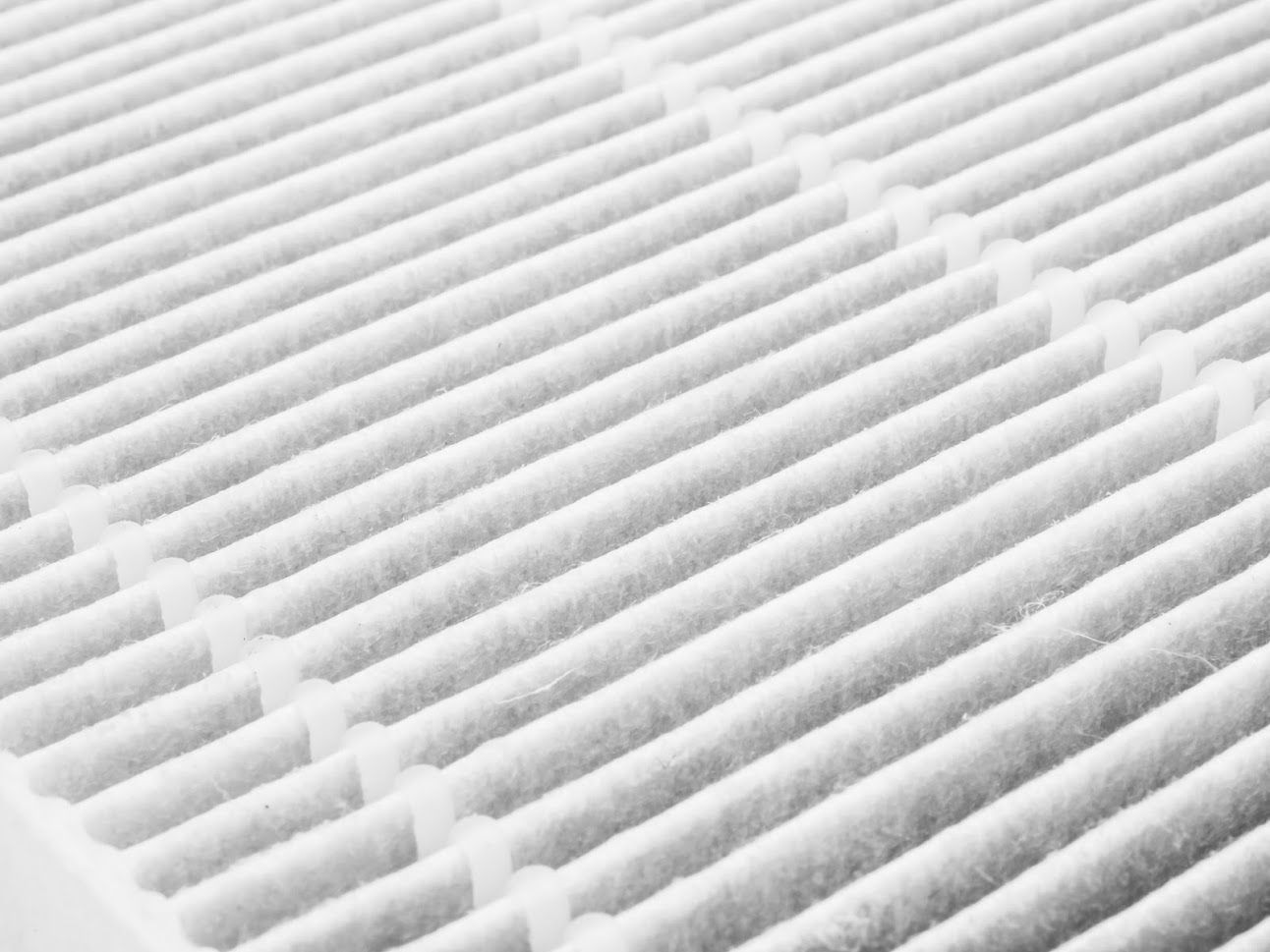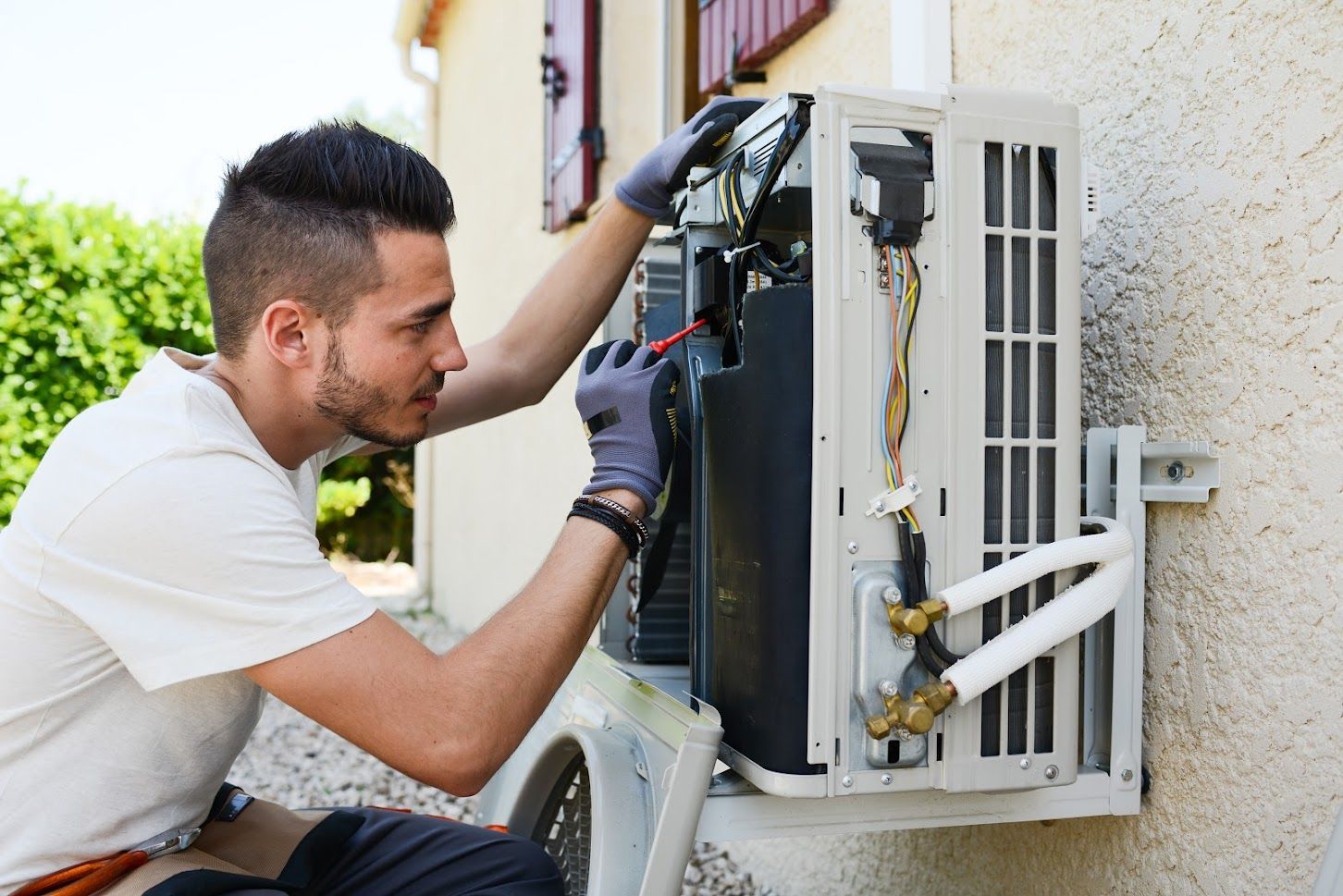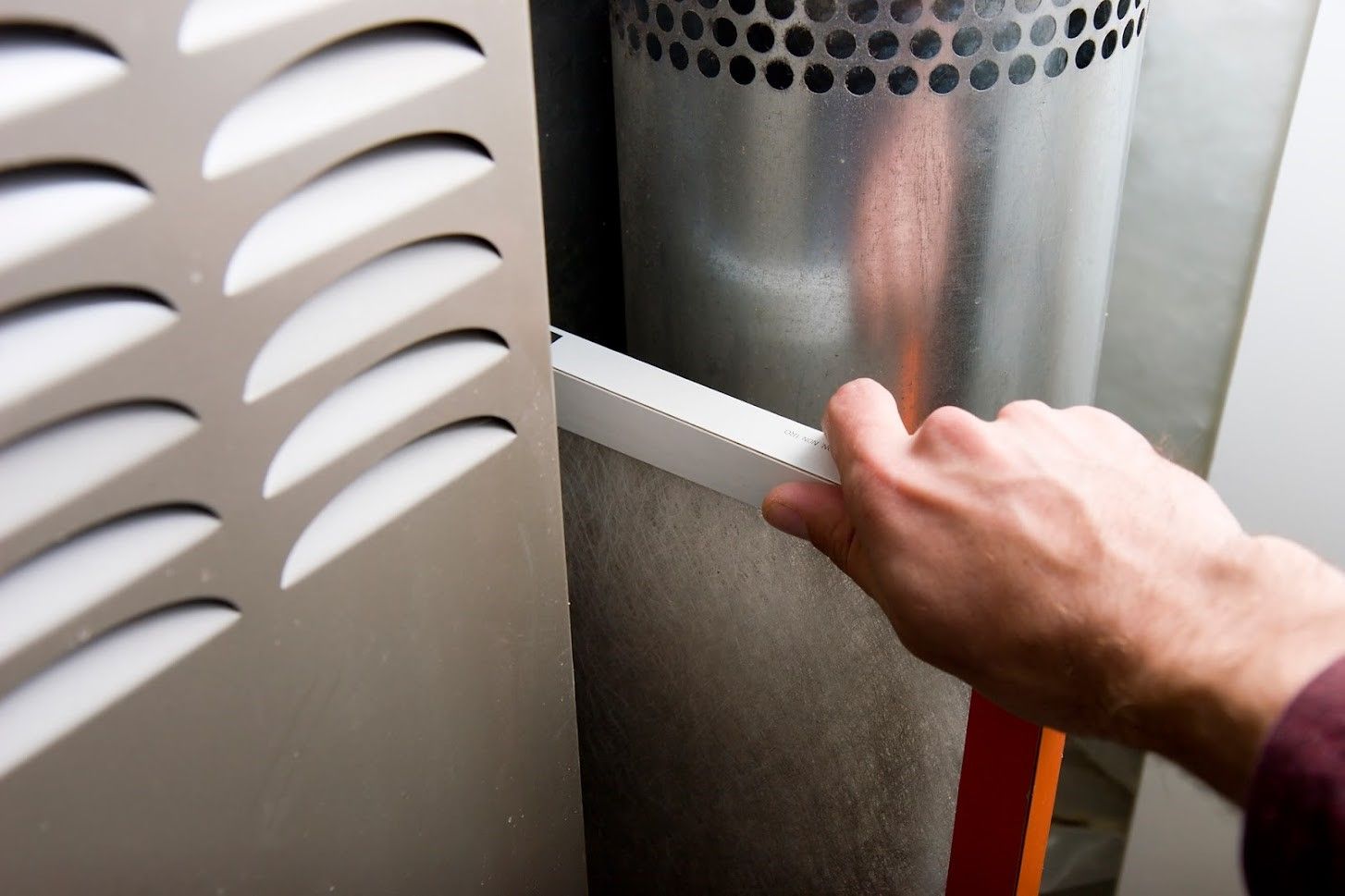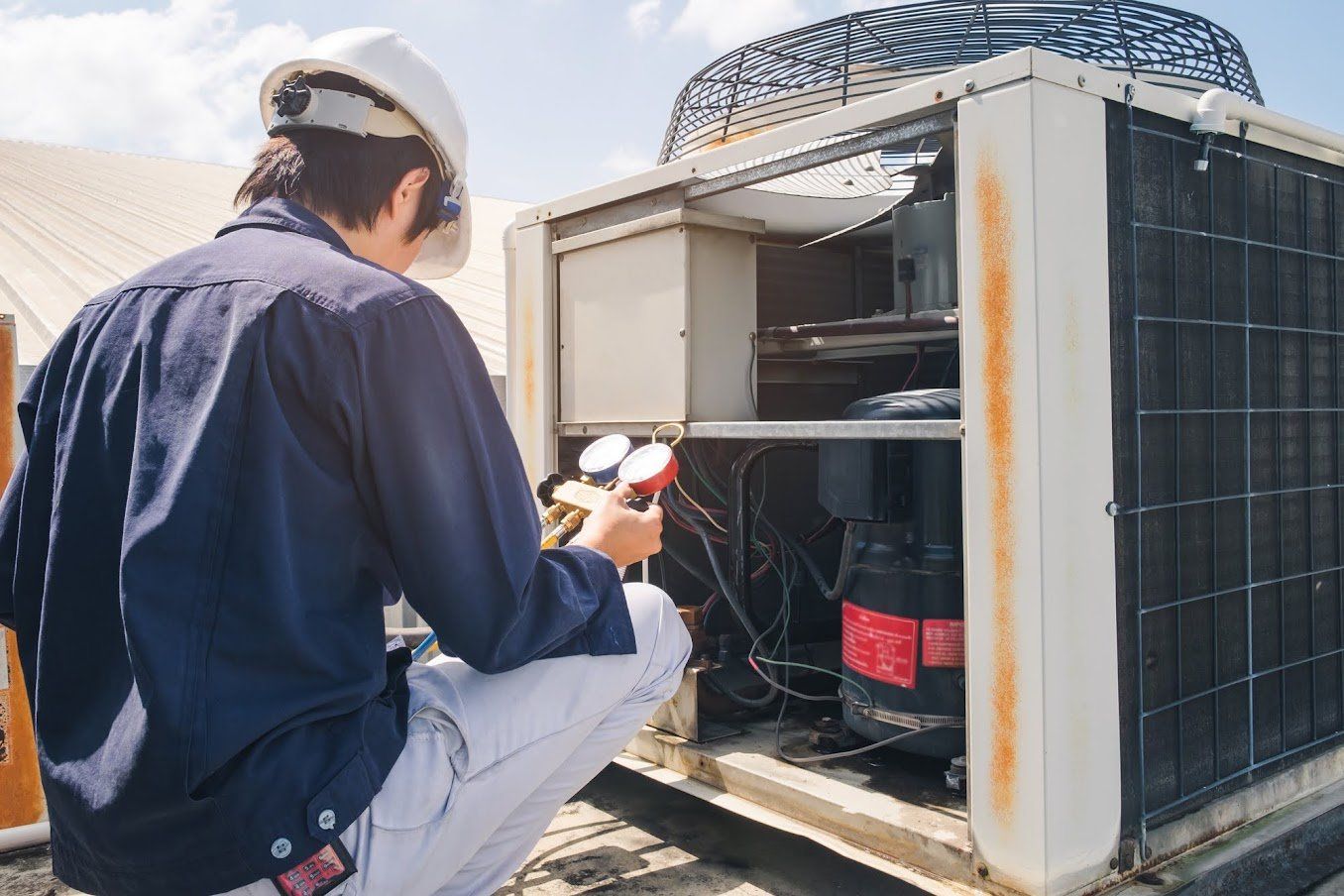2 Common Problems With Your Heat Pump
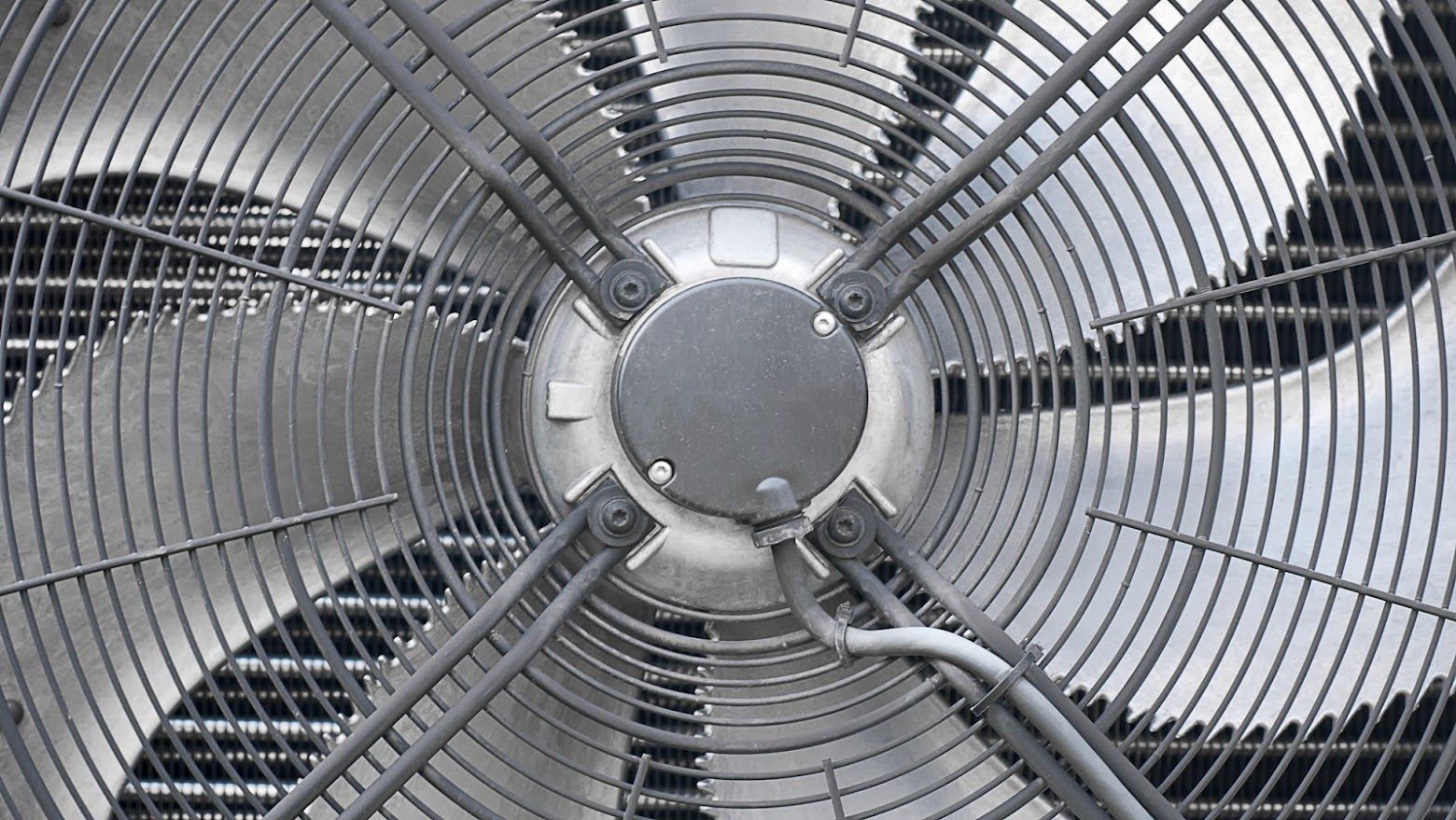
Do you have a heat pump that does not work properly? If so, you are not alone. Heat pumps are a great way to keep your home comfortable all year round, but like any piece of machinery, they can sometimes experience problems. Discover two of the most common problems that you might encounter with your heat pump and why these issues occur.
1. The Heat Pump Does Not Activate or Deactivate
Several underlying issues, such as an incorrectly connected or set thermostat, a lack of power, a defective starter capacitor, closed registers, clogged air filters, and an unreliable reversing valve, might cause your heat pump to not switch on or off.
A heat pump's major control is the thermostat. Therefore, the heat pump will not turn on or off if it is wired or set up improperly. Also, the heat pump will not receive the necessary information if the thermostat has lost electricity. Check the circuit breaker to ensure it has not tripped. Also, ensure that the power switch is on at both the interior and outdoor units.
The heat pump will be unable to control the temperature adequately and may eventually overheat and shut down if it does not receive enough air because of closed registers or unclean air filters.
The starter capacitor, which provides electricity to the motor, can malfunction, and prevent the heat pump from turning on. The heat pump's clicking noise could be a sign of a bad capacitor.
Finally, the reversing valve may break and needs replacement if the heat pump only operates in one of the modes, such as heating or cooling.
2. The Outdoor Unit Freezes
When the outdoor coil of a heat pump gets too cold, a film of ice forms on it, which causes the outdoor unit to freeze. This frost hinders heat movement and significantly lowers the heat pump's efficiency, which lowers energy efficiency and performance.
One of the most frequent reasons for a frozen outside unit is a low refrigerant charge. The system will be unable to generate enough heat to melt wintertime ice buildup if the refrigerant levels are low. Your indoor coil most likely froze over the summer, and in either scenario, the heat pump needs to work harder to keep you comfortable.
Precipitation on the outdoor unit is another factor that can cause it to freeze. Moisture from melting snow or ice might spill onto the coil during the winter and subsequently freeze. Although your device has a defrost option, it might not be sufficient to prevent a serious freeze-over. Determine the source of the water, such as a leaky gutter, and fix the leak to fix the problem.
Alternatively, your heat pump's defrost mode is set up to turn on periodically to prevent ice development on the outdoor unit. Your outdoor unit might not defrost due to a broken defrost timer, which would result in a frozen outdoor unit.
Another reason for a frozen outside unit is a broken fan motor. The fan pulls air through the coil in your outside unit, which contributes in the crucial heat transfer process necessary for both heating and cooling your home. Insufficient or no airflow due to a broken fan motor might lead to the coil freezing over.
The origin of a frozen outdoor unit can also be a clogged outdoor unit. Winter snowdrifts can prevent the ice on your outside unit from thawing if they have built up around it.
Consult a heating, ventilation, and air conditioning (HVAC) specialist if your unit experiences these problems. A HVAC technician can help resolve and prevent further problems and even offer guidance to maintain your unit. Contact our HVAC specialists at Sta So Cool HVAC for professional assistance.
